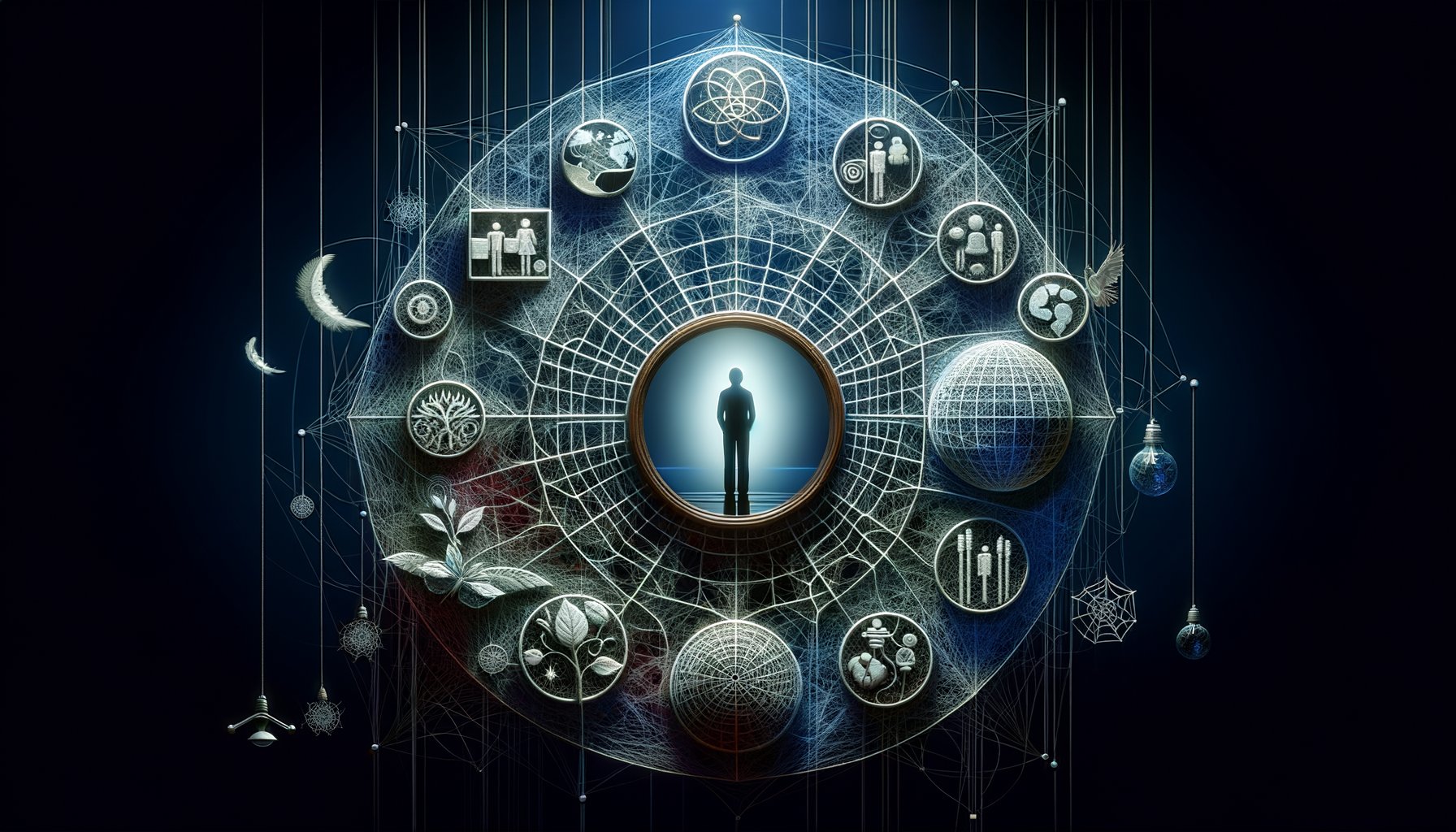Physical Address
304 North Cardinal St.
Dorchester Center, MA 02124
Physical Address
304 North Cardinal St.
Dorchester Center, MA 02124

Picture this: You’re a colourful, multi-faceted diamond. Each facet represents a different part of your identity – your interests, your beliefs, your experiences. Now, imagine society as the light that shines upon you. Depending on the angle and intensity of that light (read: social issues), different facets sparkle more brightly or dimly, shaping how you perceive yourself and how others see you. This is the complex interplay between social issues and personal identity.
Let’s dive into this intricate dance by first understanding what we mean by ‘personal identity.’ It’s not just about who we are; it’s about who we think we are. Personal identity encompasses our self-concept, our internal compass guiding us through life’s labyrinth. It includes our values, goals, skills, roles and attributes – all shaped by myriad influences from genetic predispositions to cultural norms.
Social issues are societal challenges that affect large groups of people and require collective action to address. These can range from poverty and inequality to climate change and mental health stigma. They’re like the invisible strings pulling at our puppet selves in various directions.
We don’t exist in vacuum-sealed bubbles (unless you’re an astronaut – in which case, kudos!). As social creatures living in interconnected societies, we view ourselves through a social lens. Our identities are moulded partly by how society perceives us based on our race, gender, socioeconomic status etc., which can be influenced by prevailing social issues.
For instance, consider gender stereotypes perpetuated by society – boys should be tough while girls should be nurturing. Such stereotypes can influence individuals’ identities as they may feel pressured to conform to these expectations or struggle against them.
Social issues often give rise to identity politics – the tendency for people of a specific social group to form exclusive political alliances. Identity politics can both shape and be shaped by personal identity. For example, the feminist movement arose from the social issue of gender inequality, shaping many individuals’ identities as feminists and further fuelling the fight against gender inequality.
However, it’s important to remember that while identity politics can drive positive change, it can also create divisions if different groups become too insular or antagonistic towards one another. After all, we’re all in this big cosmic soup together!
Empathy is our ability to understand and share others’ feelings – it’s like emotional teleportation! When we empathise with those affected by social issues (even if we aren’t directly affected ourselves), these issues can influence our identities by broadening our perspectives and enhancing our compassion.
For instance, learning about the struggles faced by refugees may inspire you to become more socially conscious and involved in humanitarian efforts. This newfound role becomes a part of your identity.
In today’s digital age, social media is like a funhouse mirror reflecting (and sometimes distorting) both personal identities and social issues. On one hand, it provides platforms for raising awareness about various social issues and amplifying marginalised voices. On the other hand, it can perpetuate harmful stereotypes and intensify societal pressures on personal identities.
For example, body image issues have been magnified due to the onslaught of ‘perfect’ bodies on Instagram feeds. This has influenced many individuals’ self-perceptions and sparked important conversations around body positivity.
Social issues don’t just influence our personal identities – our personal identities can also influence social issues in a sort of societal butterfly effect. When we align our actions with our identity, we can create ripples of change. For instance, if you identify as an environmentalist, you might adopt sustainable practices that inspire others to do the same, collectively addressing the social issue of climate change.
Understanding the intricate interplay between social issues and personal identity is like untangling a giant ball of yarn – it’s complex and sometimes messy. But just like how every strand contributes to the whole ball, each facet of our identity and each social issue plays a crucial role in shaping who we are and the society we live in.
So let’s keep questioning, exploring and evolving because at the end of the day, we’re all just diamonds trying to sparkle our brightest under society’s light.